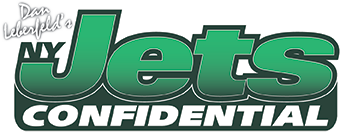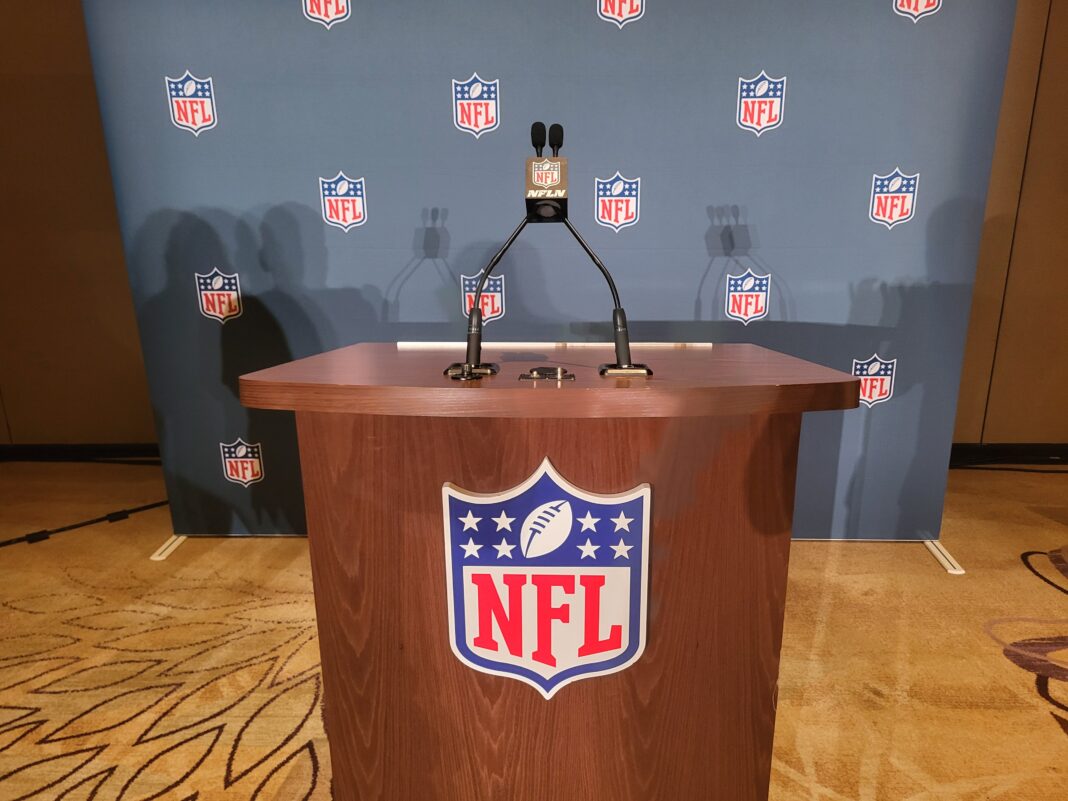Content available exclusively for subscribers
Everybody has a source on what happened with Robert Saleh and the Jets.
Of course, we can’t verify which ones are legit, and which ones aren’t, because we aren’t wiretapping phones.
One report said that some Jets players and coaches told them the “vibe” was off in recent days.
What vibe?
The vibe from barely beating an awful Tennessee team in a game they could have easily lost?
What vibe?
They haven’t made the playoffs in 13 years?
What vibe?
I’m not being flippant or sarcastic.
You want to know what a vibe looks like, go to Kansas City.
There is vibe because it hasn’t been established.
Why?
One reason is there hasn’t been enough accountability.
It’s interesting that Quincy Williams was the one who sounded the alarm after the Jets’ loss to Minnesota.
“I’m going to be honest, people get tired of hearing the same s–t,” Williams told the team’s TV media partner. “People gotta start taking accountability. People get tired of hearing the same thing every week. That’s all I got to say.”
The reason I said “it’s interesting” is because one of the most glaring lack of accountability moments was on August 13, 2022 in a preseason game against the Philadelphia Eagles.
Eagles QB Jalen Hurts ran out of bounds, and was two steps out of bounds, and Williams leveled him leading to a 15-yard unnecessary roughness penalty.
This was obviously not ideal.
Shockingly, the coach didn’t take Williams out of the game, to have a lot of chat, or to send a message.
To me, this was a “Florham Park, you have a problem” moment.
And this kind of thing happened repeatedly over the last three-plus years. Robert Saleh is such a good guy, such a bleeding heart for his fellow man, he just didn’t have the heart to embarrass players by pulling them.
I didn’t mean this as a shot at Williams, who has turned into one of the Jets’ better players, but you need to pull the player out of the game, for this teachable, accountability moment, not just for him, but for the whole team. You pull the player, and the player gets the message and so do his teammates.
In the view of some, Michael Clemons was not always held accountable under the prior coach.
Last year, after Clemons had issues in three straight games – a tunnel scuffle with a Bills player, a fight against Miami that bloodied an official, and cursing out fans in Cleveland, the coach was asked about the player’s behavior and said, “If you knew him, you wouldn’t have a problem with anything he did.”
That answer was somewhat shocking. That is not what accountability looks like.
Robert is such a beautiful human being, he just couldn’t get himself to discipline players enough and hurt them. While that is admirable from a compassion standpoint, it’s hard to be a successful NFL coach with that approach.
The buzzword you are hearing from new coach Jeff Ulbrich this week is “accountability.” Ulbrich was asked what accountability looks like.
“There’s an unwavering standard,” Ulbrich said. “This is the expectation and you’re either meeting it or you’re not. It’s not an emotional thing. Every human in the building — that’s players and coaches — are going to be held to that standard.”
It’s not an “emotional thing” is a powerful statement. You can’t let your personal affection for a certain player impact holding that player accountable.
On Thursday, Ulbrich made an offensive play-caller change, going with Todd Downing instead of Nathaniel Hackett.
Hackett is being held accountable for a dysfunctional offense over the first five weeks, including myriad protection issues.
One reason for those protection issues was a disconnect between Hackett and offensive line coach Keith Carter, who never worked together before their arranged marriage with the Jets.
Downing and Carter worked together from 2019-22 in Tennessee. The communication should be better.
And the vibe (culture) will get better with high-level accountability.
October 10, 2024
Premium will return by 9:30 pm or sooner on Friday.




